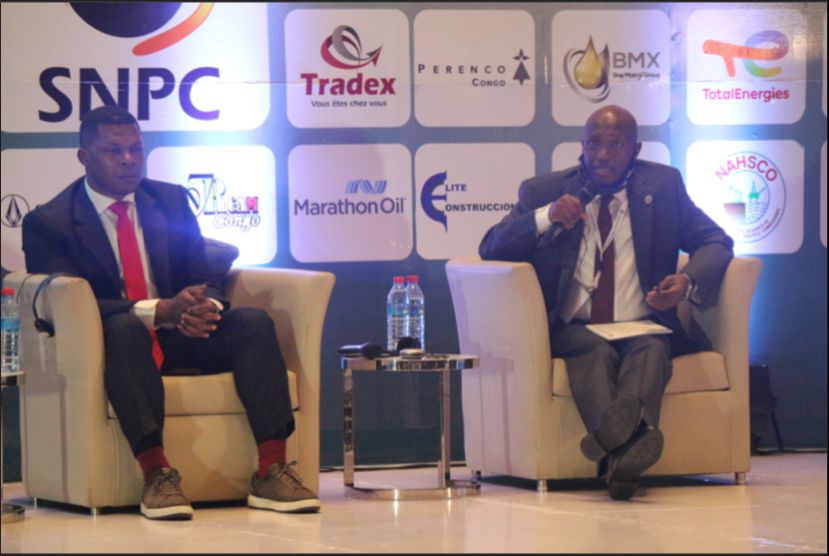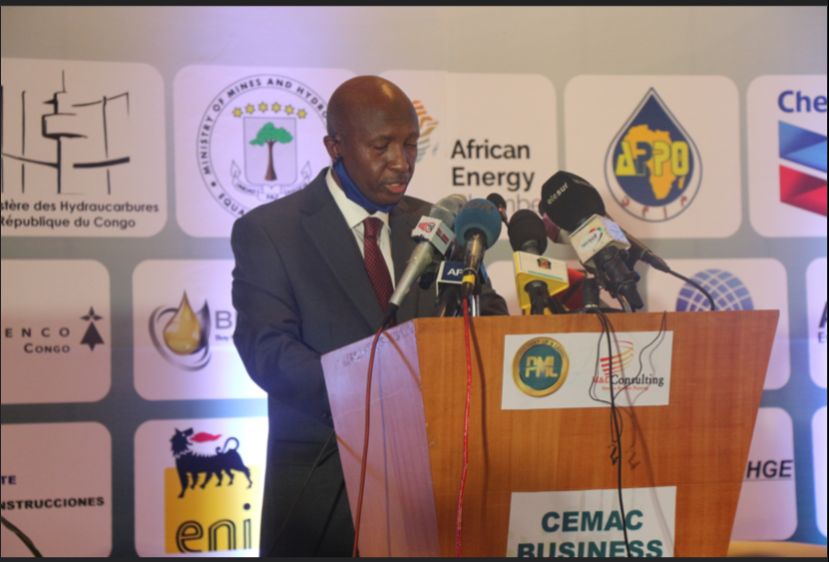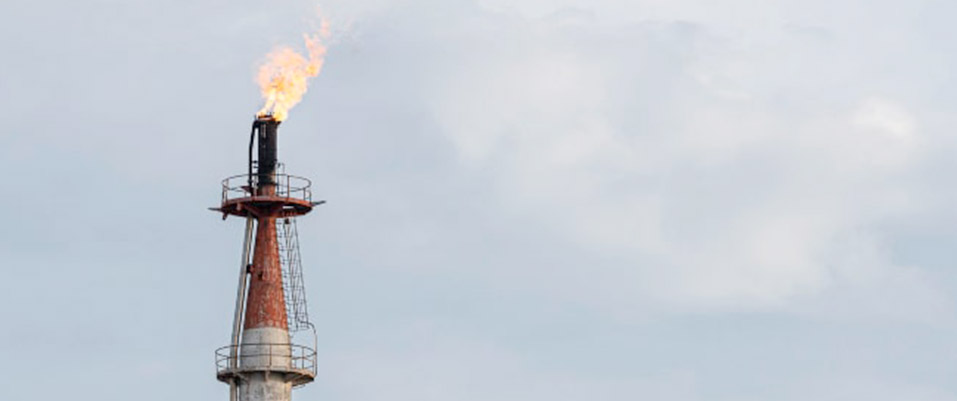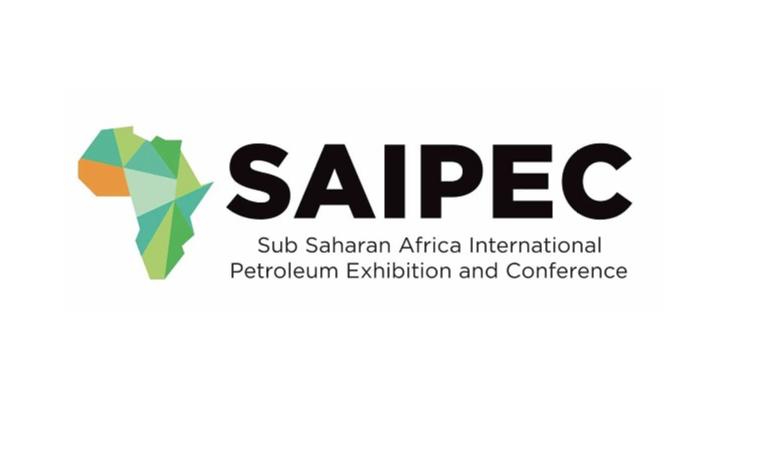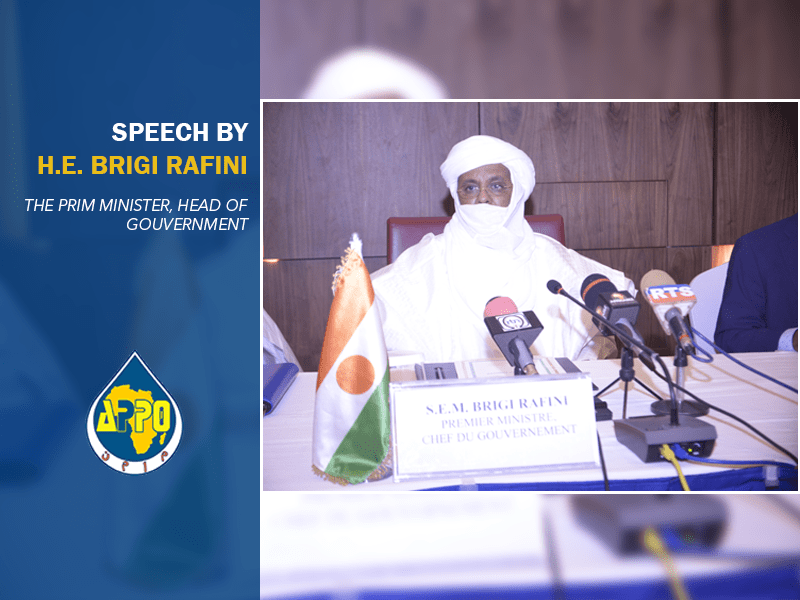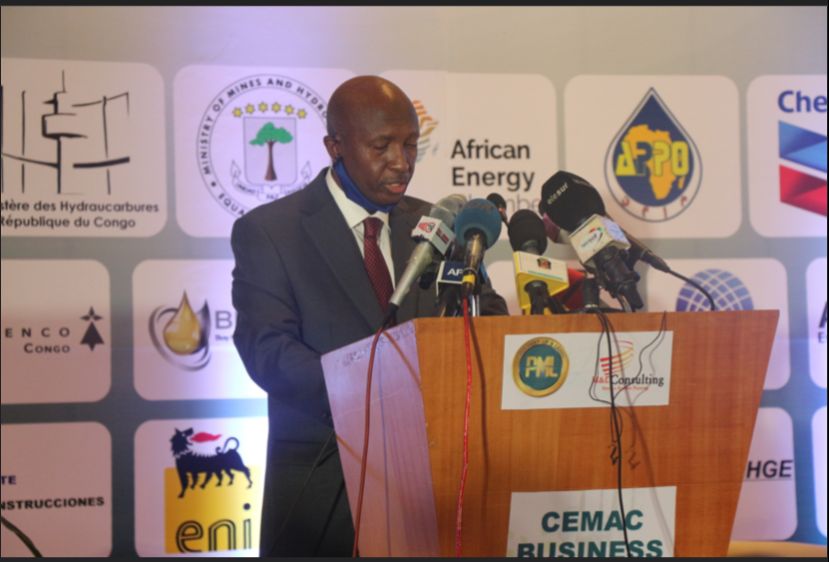
- Your Excellency Anatole Collinet Makosso, Prime Minister and Head of the Government of the Republic of Congo, Excellencies Ministers and Heads of Delegation of APPO Member Countries, Excellencies Ambassadors and Heads of international and inter-governmental organizations here present, Chief Executives of State institutions, Directors and Advisers, distinguished ladies and gentlemen.
- I should like to thank the organizers of this Forum for the invitation to deliver a short address to this very important audience.
- I should also like to congratulate the organizers for the choice of the theme of this Forum: Implementation of the AfCFTA, the Imperative of Developing the Energy Industry in CEMAC, and the prospects for the Development of Public-Private Partnerships.
- I believe that the theme is most apt given the global quest for energy transition and the reality of the dependence of our national economies on oil and gas revenues.
- Excellencies, for too long we have allowed our economies to be at the mercy of external interests.
- We have been made to believe that our economies will collapse and our people will suffer without the support of external interests.
- We have been made to believe that we need to import technology and expertise and get Foreign Direct Assistance in the form of grants, loans, and or investments to keep our economies going.
- We have been made to believe that a commodity is worth producing only if there is a market for it outside our continent.
- For nearly a hundred years we have been producing oil and gas mainly for export outside Africa. Now that the markets to whom we are exporting our oil and gas have decided to move away from fossil fuels, we are faced with the stark reality that, all these while, we have not fully mastered the technology of exploration, production, processing and transportation of that industry.
- And even more importantly we are now being told that, we do not have the capital to sustain the industry in the absence of external investors, who are now being forced out of the industry by powerful climate lobbyists.
- Your Excellencies, the question begging for answers from Africa is: Are we prepared to classify the proven 125 billion barrels of crude oil and over 500 trillion cubic feet of gas on our continent and its shores as stranded assets, when we have the largest proportion of the world’s population living in energy poverty?
- With over 600 million Africans living with no access to electricity and some 900 million without access to any form of modern energy, Africa cannot afford to give up on fossil fuels.
- Excellencies, it is important we restate the obvious: We are not contesting the science of climate change. Climate change is real. But is the world just getting to know about climate change and the effects of GHG on the atmosphere? No. Western scientist had as far back as 1896 discovered the harmful effects of GHG on the atmosphere. But because today’s developed countries were determined to industrialize and grow their economies, something they could not do without fossil fuels, they decided to suppress those findings. Now that their economies have graduated from relying on manufacturing of commodities which is energy intensive to manufacture of knowledge and IT, and at a time that our economies are poised to begin the industrialization process, we are being told that the energy that made today’s industrialized nations better is not good for the world. We need not remind the world that Africa with 17% of the world’s population is said to have contributed only 3.5% of GHG emissions.
- Distinguished ladies and gentlemen, it is sad that a key principle of the Paris Climate Agreement, the inclusion of which was central to getting developing countries, including APPO Member Countries, to accede to that Agreement, has now been relegated to the background, limiting it to discussions about financial assistance to poor countries to enable them execute energy transition programs. I am talking about the principle of “Equity and common but differentiated responsibilities and respective capabilities in the light of different national circumstances.’’ We are being told that our key concerns can be taken care of with money, hence the establishment of the Climate Fund essentially for amelioration and adaptation as poor countries, like ours, make the transition from fossil fuels to renewable energies.
- But is the principle of equity and common but differentiated responsibilities and respective capabilities …… all about financial assistance? Does it not also include technological assistance, like the provision of technologies that will enable poor countries with huge petroleum reserves to produce these resources for the use of their people, with minimum carbon footprints? Why are we not talking about the countries who have the technology to reduce the carbon footprints of fossil fuels supporting poor countries that have abundant fossil fuels with those technologies so that they can produce more environmentally friendly energy to lift their people from poverty? Why is all the conversation focused on adaptation and mitigation? Why are we being put under undue pressure to abandon what we have in abundance for what we have no technology for?
- Talking about climate finance, a number of questions beg for answers:
- What guarantee have we that the pledged amounts will be redeemed, given the unenviable history of redemption of past pledges on climate issues?
- How much of the funds are going to mitigation and how much to adaptation?
- How much of those funds are grants and how much are loans to be repaid with interest in the future?
- What conditions are attached to the allocation and disbursement of the climate funds?
- Will taking those funds now lead Africa back into the debt trap?
- Ladies and gentlemen, whatever the answers to the above questions are, they point to the need for Africa to consider looking inwards for solutions to its many problems.
- And this is why I started by congratulating the organizers of this Forum for the apt theme of this Conference.
- Energy transition should provide Africa an opportunity to take its destiny into its own hands. This is the time to create a continental energy market and to develop the continental energy industry. And there is no better way to begin this than at the regional level: at CEMAC, ECOWAS, SADC and other regional economic communities.
- This is the time to pool resources together to create or expand cross-country regional energy infrastructure;
- This is the time to create or expand refineries and petrochemical plants to serve the continent and its regions, not just countries.
- This is the time to look beyond national local content in the oil and gas industry on the continent to regional and continental content.
- And the focus, at this time, on a sub-region of the continent, namely the CEMAC sub-region is strategically important. Individually none of the countries in the CEMAC has the required technology, expertise and finance to be able to sustain its energy industry without foreign, extra-continental support. But as a collective, these countries can scale this critical hurdle. The success of the various sub-regional groups on the continent later shall translate into continental success.
- And there is no better time for this effort than now, that we are losing our traditional markets for oil and gas and fortuitously at a time the Africa Free Continental Trade Agreement has come into force. The time to act is now.
- Once again, I congratulate the organizers of this very important forum and especially Member of the APPO Council of Ministers, HE Gabriel Mbaga Obiang Lima for his foresight in initiating this project, another Member of the Council of Ministers of APPO, HE Bruno Jean-Richard Itoua, our host Minister and veteran oil and gas expert, for the unflinching support and commitment he gave to bringing the idea to fruition. And to all the Ministers in CEMAC in whose hands the responsibility of executing this laudable project shall lie, I urge you to take this as a personal challenge for the good of future generations of Africans.
- The time to act is now.
- Excellencies, distinguished ladies and gentlemen, I thank you all for your kind attention.
